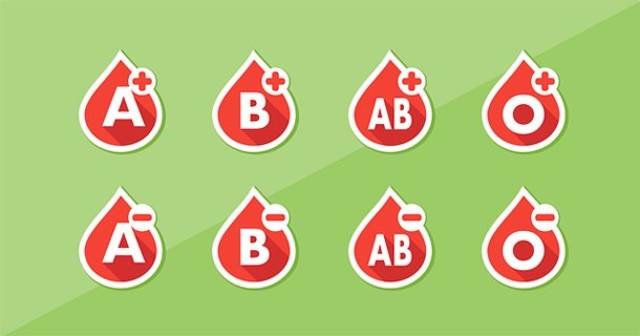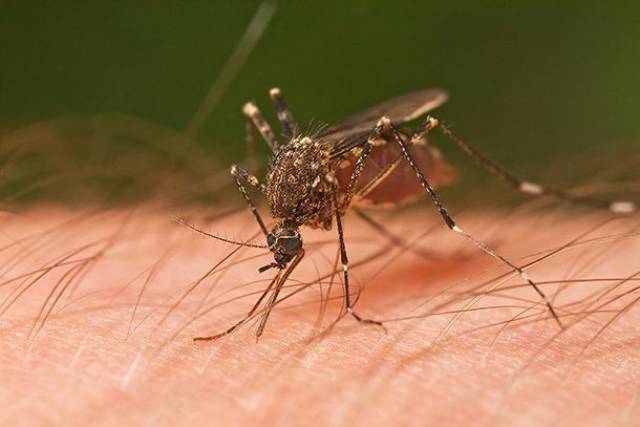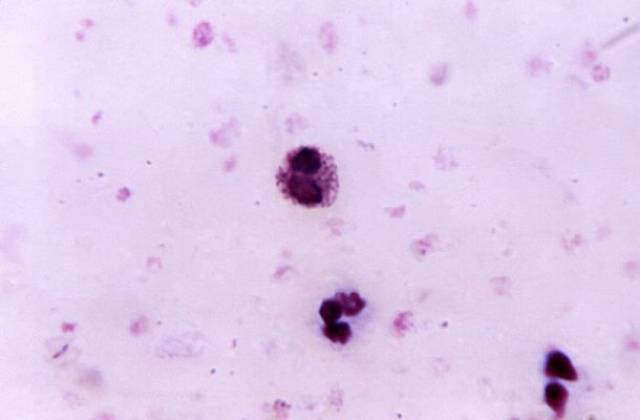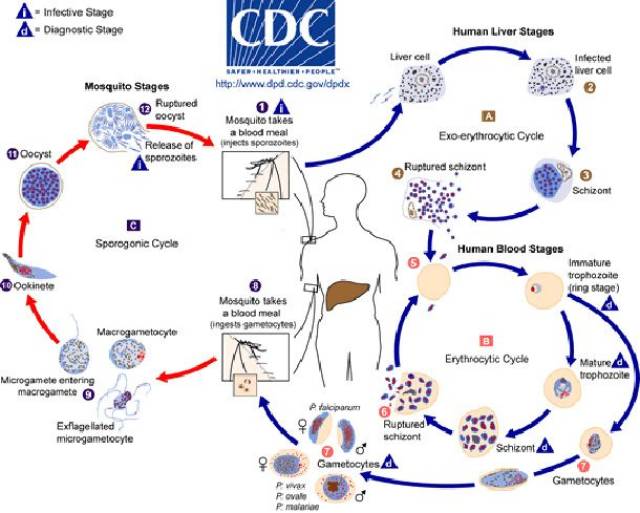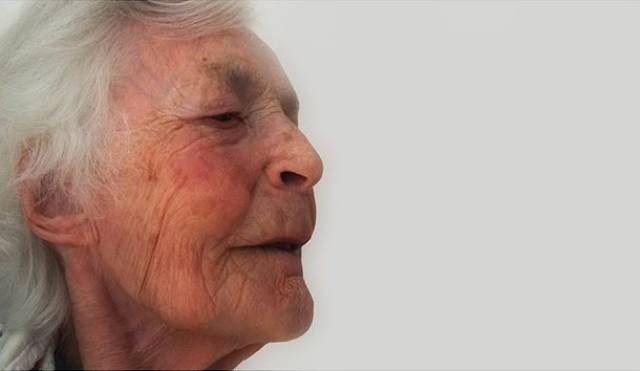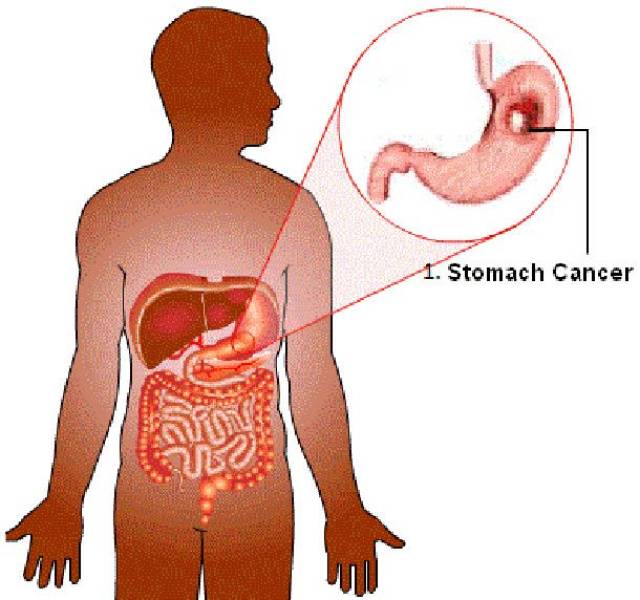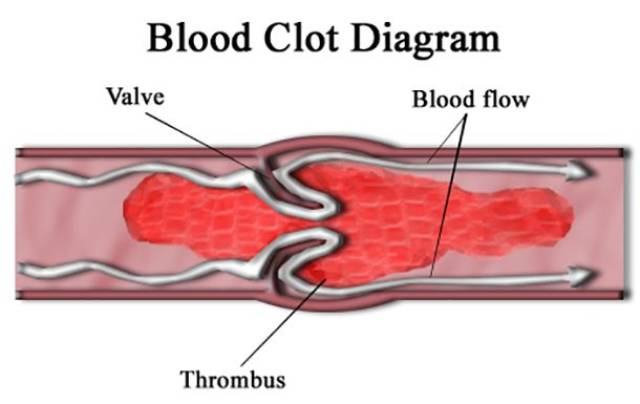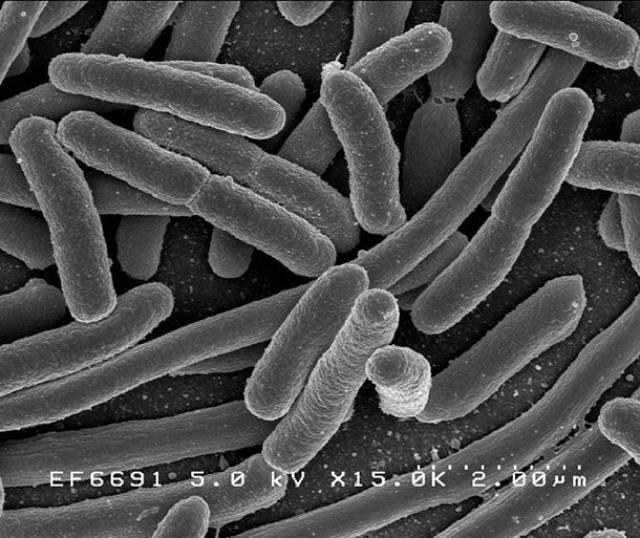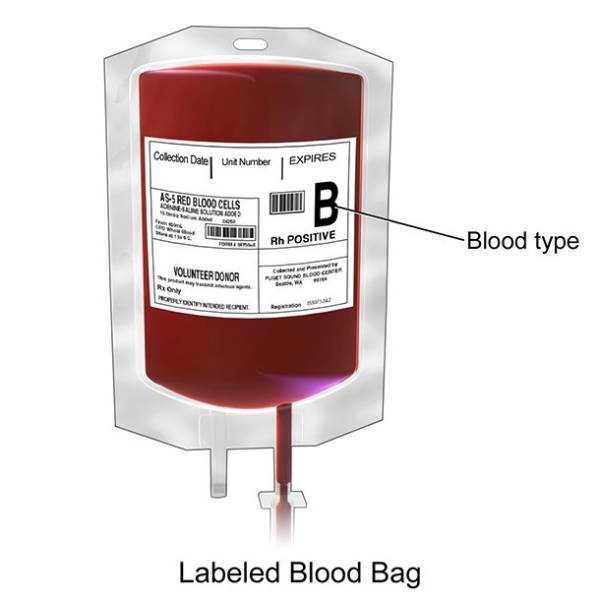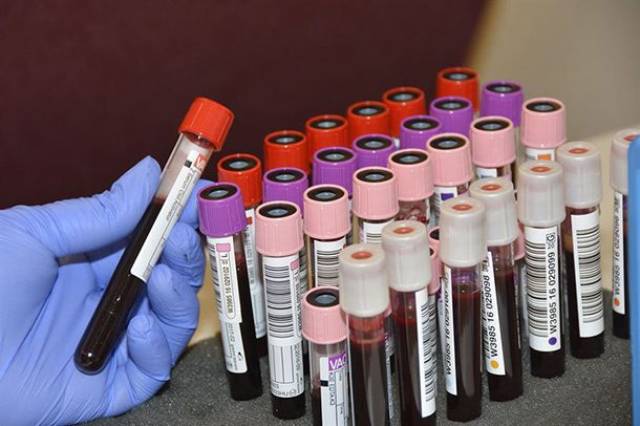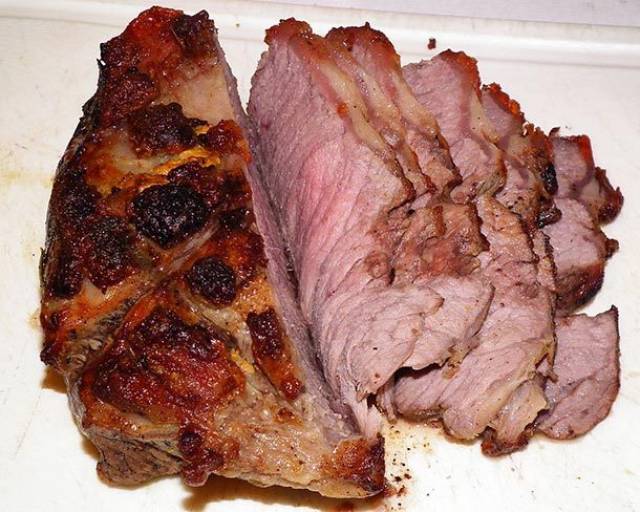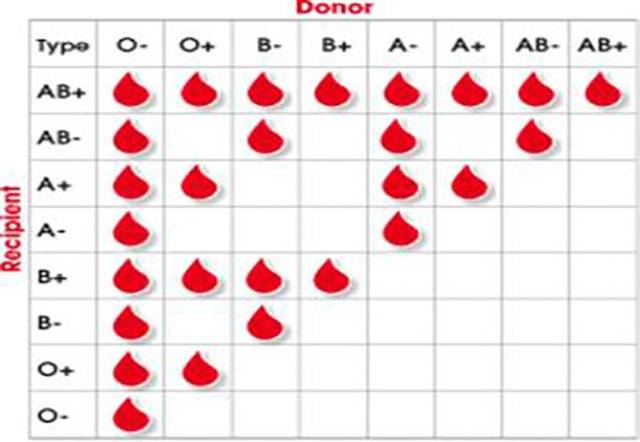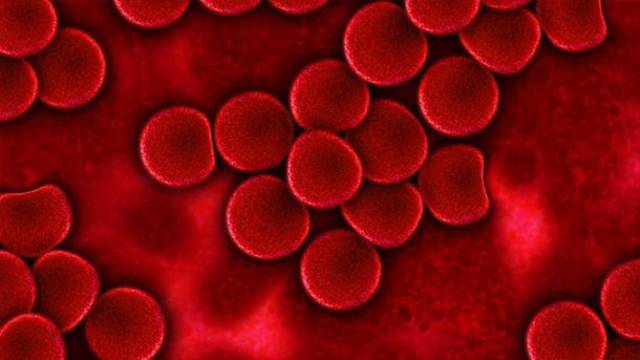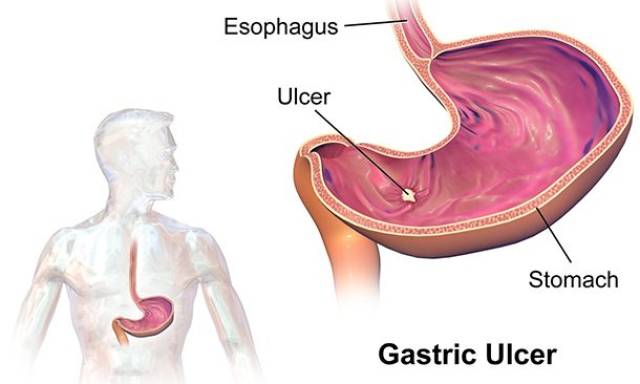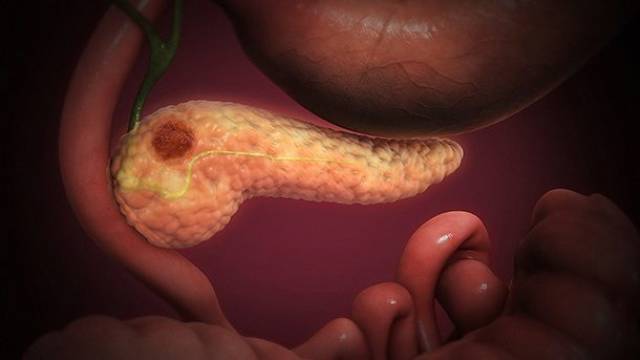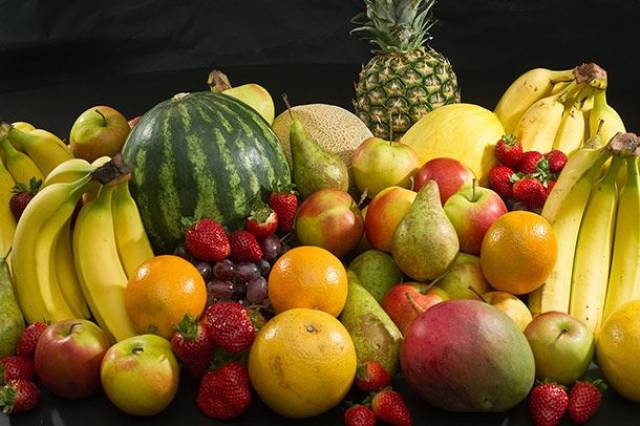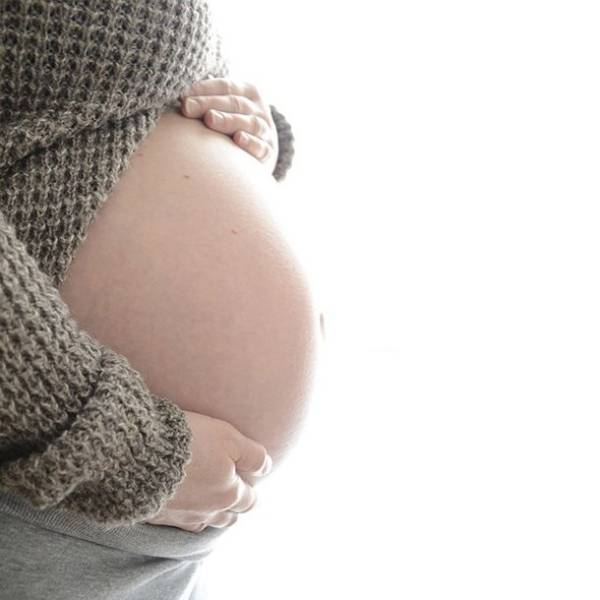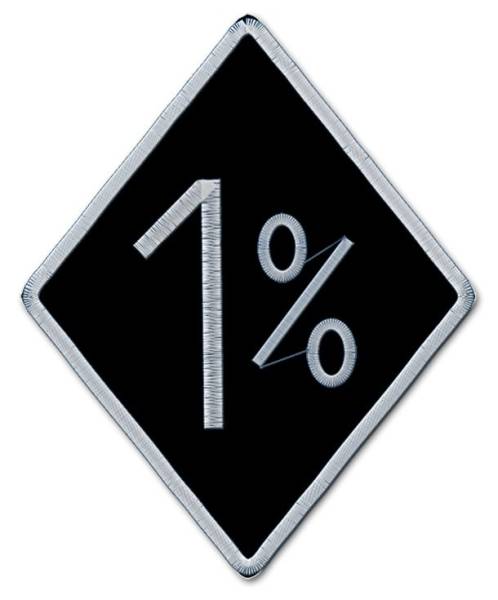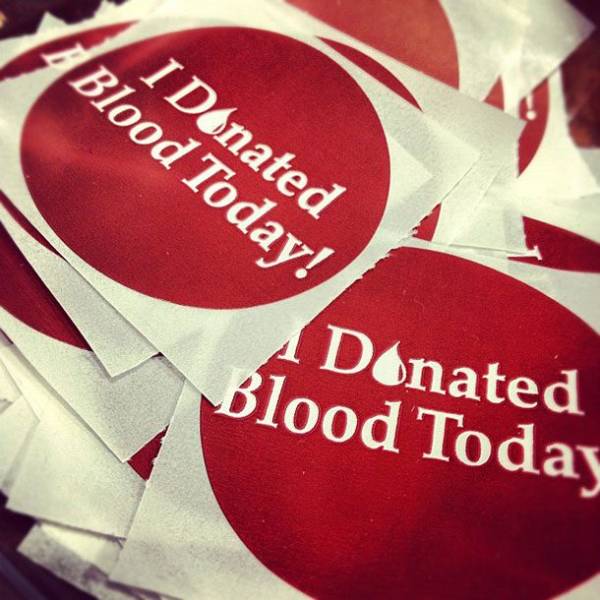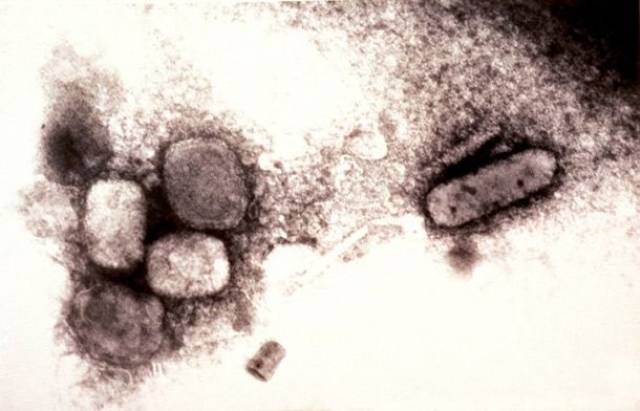If you have the A blood type, you're more likely to have higher levels of the cortisol hormone than other types. Cortisol is a hormone your body releases to help you with stress.
Mosquitoes love people with type O blood. If you have this blood type, you're twice as likely to attract them.
In contrast, mosquitoes are the least attracted to people with type A blood.
On the flip side, O blood types are less likely to contract the deadliest forms of malaria because their proteins don't stick to to them the way they do to others.
A University of Vermont study involving 30,000 people revealed that AB blood types were 82 percent likely to develop memory problems that lead to dementia.
Those with A blood types may have a higher risk of alcoholism than other types, according to a few studies. Studies have linked antigens to the disease, suggesting A type antigens have a part to play.
Gustaf Edgren, M.D., Ph.D. of Karolinska Institute in Sweden stated that people with type A blood have a high risk of developing gastric cancers. He suggests staying away from smoking, excessive alcohol consumption, and being overweight.
Your blood type determines your risk for heart disease. On average, non-O blood groups have 60 to 80 percent higher chance of getting blood clots. They're also at greater risk of getting coronary heart disease.
A study published in BMC Microbiology revealed that your blood type plays a direct part in the proportion and profiles of intestinal bacteria.
B blood types have 50,000 times the strains of friendly bacteria than A or O have.
There's a popular study called Ketsueki-Gata that connects blood types with personality. For instance, B blood types are said to be passionate, creative, strong, but also selfish, unforgiving, and irresponsible. Of course, there's no scientific basis for any of this.
Dr. Peter J. D’Adamo has championed a diet based on blood type. For instance, those with Type O blood should eat lean meats and seafood and avoid dairy and gluten.
If you have O Negative type blood, you are a universal donor, meaning your blood can be given to any blood type.
If you have the AB+ blood type, then you're a universal plasma donor which can be used in all blood types. Plasma is often used to treat burn and shock victims.
People with Type B blood should focus on eating leafy greens and vegetables and fruits, like grapes, plumes, and pineapples.
People with Type O blood are said to be confident and strong-willed, but also self-centered and unpredictable.
Type O blood puts you at greater risk of developing an ulcer all thanks to the bacteria H. pylori. Type O blood types have a different immunological response than other types which triggers it.
The good news about Type O is that it's 37% less likely to develop pancreatic cancer. The bacteria H. pylori again considered to be the culprit for non-O blood types.
People with Type A blood should focus on eating fruits like berries, apples, and avocados. Vegetables like broccoli and carrots are also good. As an added plus, you can break down grains easier which means pastas and breads should be a part of your diet.
A person's blood type can affect their pregnancy. If the mother is RH- and the fetus is RH+, then the incompatibility could be dangerous because the mother's immune system will make antibodies against the RH+. RH type is tested for during the routine pregnancy blood work. If a woman is RH-, she's typically given an RH immunoglobulin shot during her pregnancy.
If you have Type AB blood, you're said to be cool, controlled, and rational, but also critical, indecisive, and irresponsible.
If you have the AB Negative blood type, you have the most rare type of blood with only 1% of people having it.
On the flip side, if you have O Positive blood, you're within the most common type of blood with A Positive a close second place.
With that said, O Positive blood types are the most in demand for blood donations.
People with Type A blood are more susceptible to smallpox infections and severe malaria. Thankfully, smallpox was eradicated in 1980.

